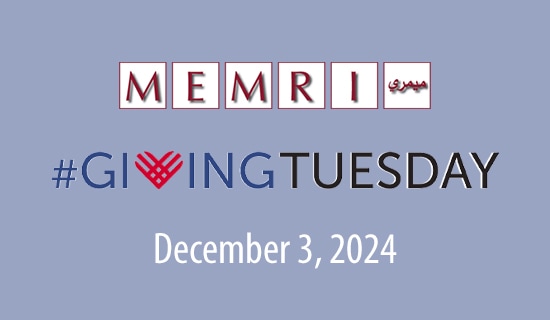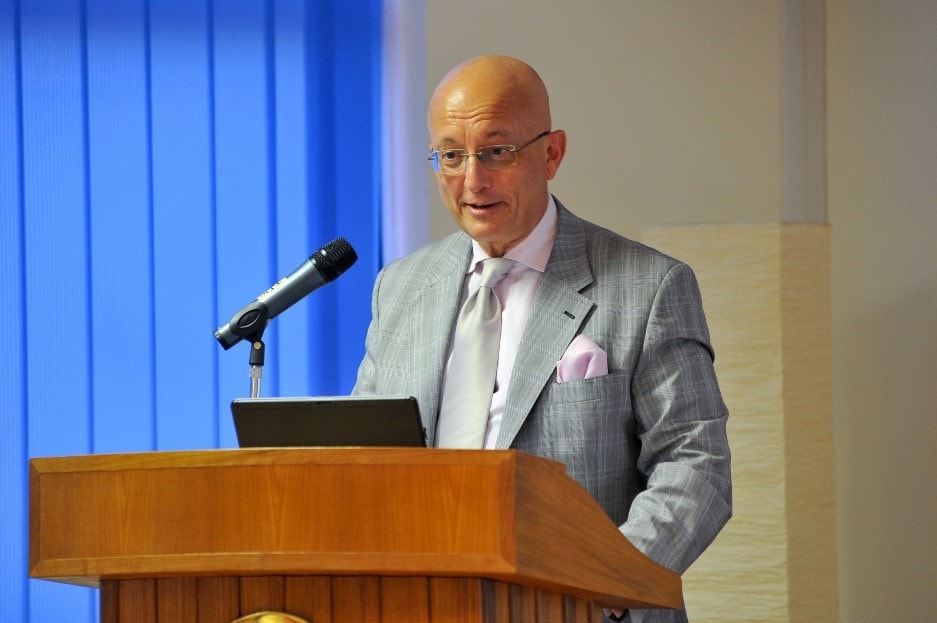In an article on the March 22, 2022 meeting in Sharm Al-Sheikh between Egyptian President 'Abd Al-Fattah Al-Sisi, Emirati Crown Prince Muhammad bin Zayed and Israeli Prime Minister Naftali Bennett, the London-based Emirati daily Al-Arab claimed that the meeting had given birth to an Arab-Israeli coalition. This coalition, it said, begins with economic and commercial cooperation among the countries, but is likely to develop into a security and military alliance as well. The article noted that a military coalition with Israel is an Arab interest, in light of Iran's aspirations for expansion and of the apprehensions about its nuclear program, as well as in light of the Gulf states' assessment that the U.S. under the Biden administration is working against their interests and aims to revive the 2015 JCPOA nuclear agreement between Iran and the Western powers.

The Al-Arab article
The following are translated excerpts from the article:[1]
"Arab diplomatic circles in the Egyptian capital described the [March 22, 2022] tripartite meeting between Egyptian President 'Abd Al-Fattah Al-Sisi, Abu Dhabi Crown Prince Sheikh Muhammad bin Zayed Aal Nahyan and Israeli Prime Minister Naftali Bennett in Sharm Al-Sheikh as the birth of an Arab-Israeli coalition that is based on interests and realizes the wish to develop and stabilize the region, [a coalition] which leaves behind the residue of war and conflict and the slogans of the previous decades. This tripartite coalition, the circles said, conveys a clear message to Saudi Arabia, [namely] that it is impossible to wait any longer given the changes occurring in the region and the chaotic character of the American messages. [America] no longer looks after the interests of the Gulf states [but rather] prioritizes those of Iran, and is preparing to free Iran from restraints on more than one level: in the nuclear and non-nuclear arms race, and also by strengthening it with [renewed] oil revenues, which it will spend on its proxies [in the region] and thereby threaten its security.
"[The same circles] also noted that the Arab-Israeli coalition is based on realistic principles, and that this is what prompted additional countries to join the path of peace, which has widened and includes not only Egypt and the UAE but also Morocco, Jordan, Bahrain, Sudan and Oman. The inclination to launch economic, trade and technological projects, they said, and to make [mutual] investments, will build trust between Israel and its Arab environment. They also assessed that building trust in these spheres, which will benefit the peoples and improve their quality of life, will [eventually] cause the peoples to support the development of this coalition on the security and military levels as well. This is something the Arabs need more than Israel, in light of the challenges they face, such as the rise of expansionist regional powers like Iran and Turkey, and America's violation of its commitment to defend its Arab partners.
"The Egyptian presidency disclosed that that the leaders discussed the energy markets and food security, which are the two main challenges facing Egypt [these days], now that the Russian attack on Ukraine has caused the prices of flour and crude oil to rise… The meeting also dealt with the security challenges facing the region… and the concerns shared by the three sides in light of the great changes [taking place], which could affect regional and international security and cooperation structures… The three countries are mainly concerned about the emerging agreement on reviving the nuclear deal that was signed by Iran and the superpowers in 2015, under which the sanctions were lifted from Iran in return for its halting of its nuclear program. Iran's enemies fear that it aims to develop nuclear weapons…
"Ezzat Saad, chair of the Egyptian Council for Foreign Affairs and [former] ambassador [to Russia], told Al-Arab that the Sharm Al-Sheikh meeting was timed to take place close to the [anticipated] signing of the nuclear agreement, and that serious efforts are underway to form a joint Gulf-Egyptian-Israeli [front] against the agreement being drafted… Ahmad Fuad Anwar, an expert on Israeli affairs, told Al-Arab that Iranian [issue] was present in the Sharm Al-Sheikh meeting in terms of preparing for the consequences of a nuclear agreement with it…
"The Russian intervention in Ukraine has created an energy and food crisis that has affected many countries in the region and has sparked concerns about a significant rise in prices and even a shortage of basic goods, chiefly oil, gas and wheat, in various countries… Egypt is dealing with severe economic pressures due to the repercussions of the Ukraine crisis…
"Since his election, the Israeli prime minister has been taking steps to improve his country's economic, political and security relations with Egypt, the UAE and other Arab countries, and to find common ground for dealing with regional challenges…
"Egyptian sources told Al-Arab that energy and food security is 'a suitable practical starting point for cooperation between the three countries at this time, and for taking a step that Egypt was apparently reluctant to take [until now], namely taking its relations with Israel from the bilateral level to the regional one.' The sources added that the Sharm Al-Sheikh meeting could be regarded as planting the first seed of this [initiative], which will transform Egypt's perception of the collaborative regional enterprises that have recently been discussed. Egypt had not seemed eager to join them, but under the pressure of the present economic conditions it has no choice but to agree to them."
[1] Al-Arab (London), March 23, 2022.





